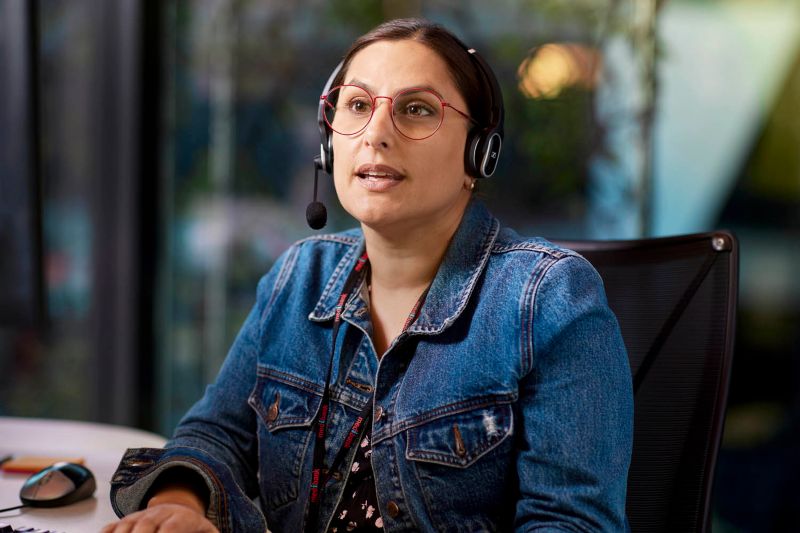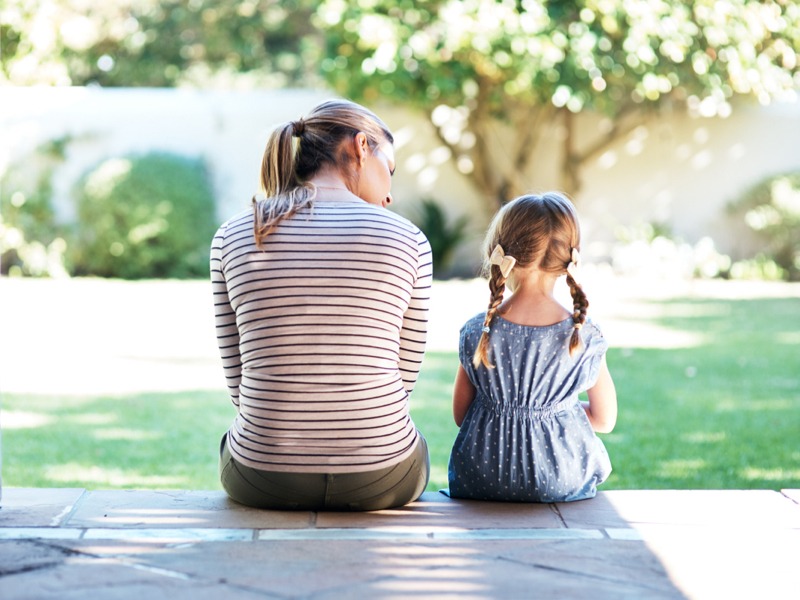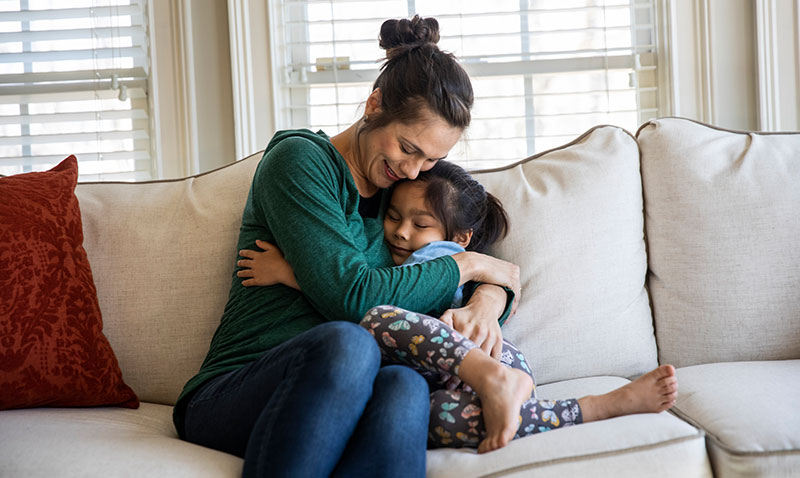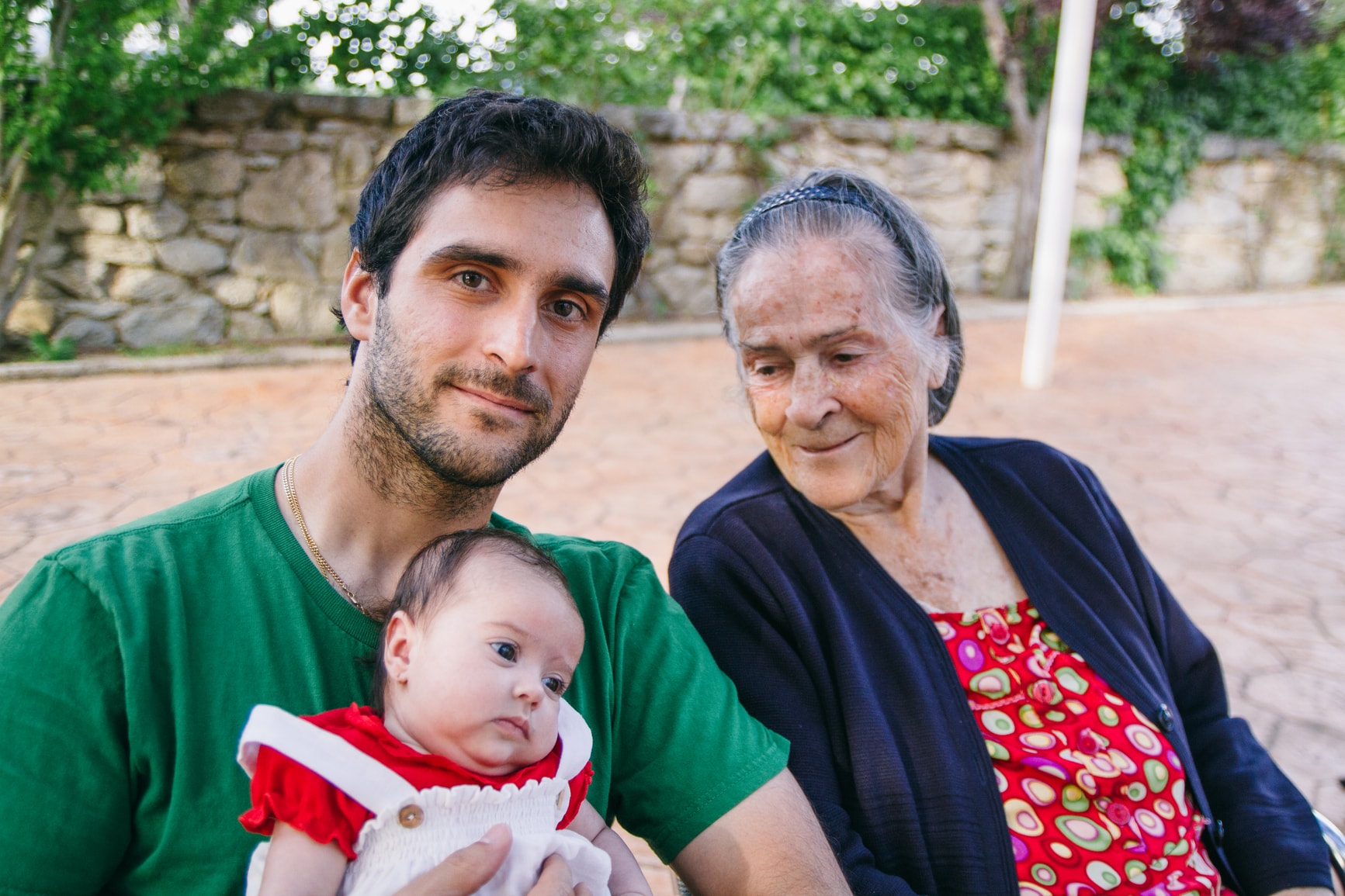This article was written by our community partner, Beyond Blue. Medibank and Beyond Blue are working together to empower all people in Australia to be better connected with knowledge, resources and support to improve their mental health and wellbeing. Visit the Beyond Blue website for more information on mental health and older people.

Occasionally feeling scared or fearful is all part of growing up. But some kids find it much harder to manage stressful situations and the world can be scarier for them than for other kids their age.
A particularly stressful situation is when children start kinder or primary school. Separation anxiety refers to the fear kids have when being separated from their parents or caregivers. It’s very common in early years. The Australian Parenting Website has some great tips for helping a child deal with starting childcare, kinder or school:
- Help your child adapt to a new setting by spending time at the new place with them before the separation. If you’re there when your child is introduced to their teacher or caretaker, they’re more likely to develop trust quickly.
- If your child is feeling very upset and showing signs of separation anxiety before you arrive, have a chat to the childcare centre or the school so they’re aware of the situation.
- Tell your child when you’re leaving and when you’ll be back. Sneaking out can make matters worse. At the same time, don’t drag out your goodbye.
- Keep a calm and cheerful manner when leaving. If you look stressed, your child will likely pick up on this and get upset.
- Don’t use negative phrases like, “stop being such a baby”. Instead, reinforce positive behaviour by complimenting them when they are behaving well.

Beyond Blue
Learn more about anxiety, depression, suicide prevention and ways to support your mental health.


At home, you can work together with your child to develop coping strategies for their anxiety. Here are six great ways to get on top of it:
- Slow down. This is always the best place to start. Take some slow, deep breaths together. Breathe in for three seconds, hold for three, then out for three. Once they're feeling a bit calmer, you can talk through what's worrying them.
- Think positive. Remind them of times they've dealt with similar issues. “Remember the time your friend Andy didn’t play with you at lunch, you played tiggy with Keely and Matt and had a great time.”
- Help them to challenge the scary thought with facts. “Sharks can’t live in a swimming pool.” “Every time Mum goes out for dinner, she comes back.” Make a plan together for what to do if things don't go as they'd like. “If you forget your workbook, it’s okay, just borrow a piece of paper to write things down and we can glue it in later when we’re home.”
- Have a go. Kids often worry about making mistakes. This can lead to them avoiding situations or activities. Encourage your kid to give new things a try and let them know that it’s about fun, not being perfect. Here’s some tips on building resilience.
- Check yourself. Try taking a step back and wait before you jump in to help your child. Figuring things out for themselves, learning to problem-solve, is an important step and will help them to be a resilient adult. Over-protective family members can reinforce a child’s fears that the world is a dangerous place and that they can’t handle it.
- Be the example. Be a model for your child. Kids pick up signals from adults, so by showing calmness in dealing with stressful situations, you are showing them the way.
Fore more support for your anxious child, visit Beyond Blue’s Healthy Families website. A health professional can also help you develop strategies tailored to your child.
24/7 Medibank Mental Health Support
Medibank health insurance members can talk with a mental health professional over the phone or online at no extra cost.~ Chat in relation to any mental health or emotional concern, 24 hours a day 7 days a week.

Related articles
Looking for something else?
Visit our Better Minds hub to find more tools and services.
Things you need to know
~ Some referred services may involve out of pocket costs and waiting periods may apply.
While we hope you find this information helpful, please note that it is general in nature. It is not health advice, and is not tailored to meet your individual health needs. You should always consult a trusted health professional before making decisions about your health care. While we have prepared the information carefully, we can’t guarantee that it is accurate, complete or up-to-date. And while we may mention goods or services provided by others, we aren’t specifically endorsing them and can’t accept responsibility for them. For these reasons we are unable to accept responsibility for any loss that may be sustained from acting on this information (subject to applicable consumer guarantees).

























